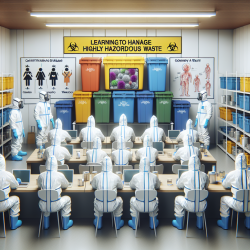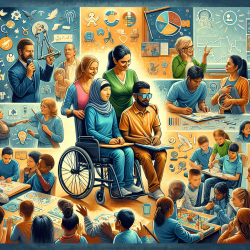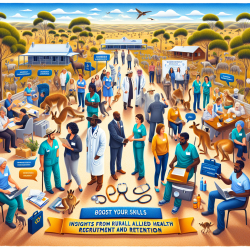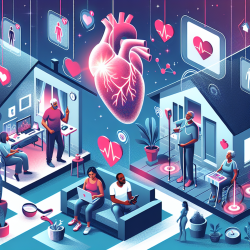The management of highly infectious waste, such as that contaminated with Ebola virus disease (EVD), poses significant challenges to the medical waste industry. A recent pilot survey conducted across the United States highlights critical gaps in preparedness and training needs within this sector. This blog explores these findings and offers guidance on how practitioners can improve their skills to safely handle such hazardous materials.
The Importance of Proper Training
The survey revealed that a majority of medical waste facilities are not fully prepared to handle Category A infectious substances. Only a limited number of facilities are equipped or willing to accept such waste due to the stringent regulations and complexities involved. This underscores the urgent need for enhanced training programs tailored to the specific requirements of handling highly infectious waste.
Key Findings from the Survey
- 68% of facilities have not determined their capability to accept Category A waste.
- 67% of those with special permits have not updated them since the EVD outbreak.
- A significant gap exists between lead perceptions and worker self-reported readiness to handle highly infectious waste.
- Many workers rely on informal sources for information on highly infectious diseases, leading to potential misinformation.
Implementing Effective Training Programs
To address these challenges, it's crucial for practitioners in the medical waste industry to seek out comprehensive training programs that focus on:
- Regulatory Compliance: Understanding federal and state regulations related to Category A waste is vital. Practitioners should ensure they are familiar with DOT Hazardous Materials Regulations and other relevant guidelines.
- Proper Handling Techniques: Training should cover safe packaging, transportation, and disposal methods for highly infectious materials.
- Use of Personal Protective Equipment (PPE): Adequate training on selecting and using appropriate PPE is essential to protect workers from exposure.
- Crisis Management: Developing emergency response plans and conducting regular drills can prepare workers for potential incidents involving hazardous waste.
The Role of Continuous Education
The pilot survey highlights the need for ongoing education and skill development in the medical waste industry. Practitioners should stay informed about the latest research and best practices through conferences, webinars, and publications. Networking with industry experts can also provide valuable insights into emerging trends and technologies.
Encouraging Further Research
The findings from this pilot survey indicate that more extensive research is needed to fully understand the industry's preparedness for managing highly infectious waste. Practitioners are encouraged to participate in future studies and contribute their experiences to help shape effective training programs and policies.
By implementing these strategies, practitioners can enhance their skills and ensure the safe management of highly infectious waste, ultimately protecting public health and safety.
To read the original research paper, please follow this link: A pilot survey of the U.S. medical waste industry to determine training needs for safely handling highly infectious waste.










